#india tag
Text
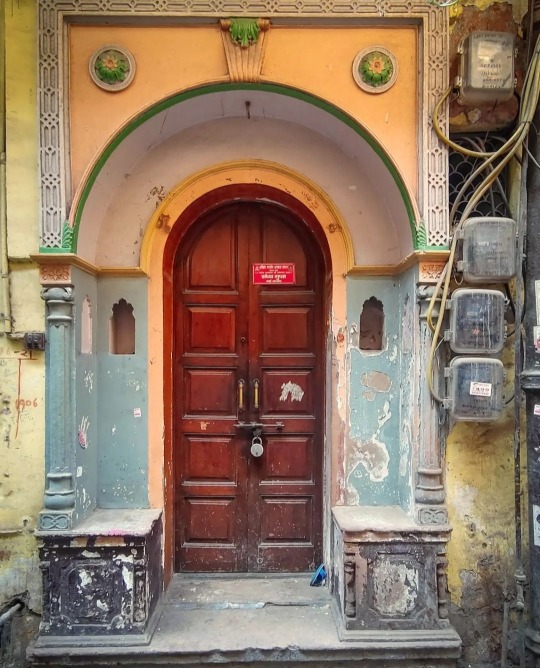
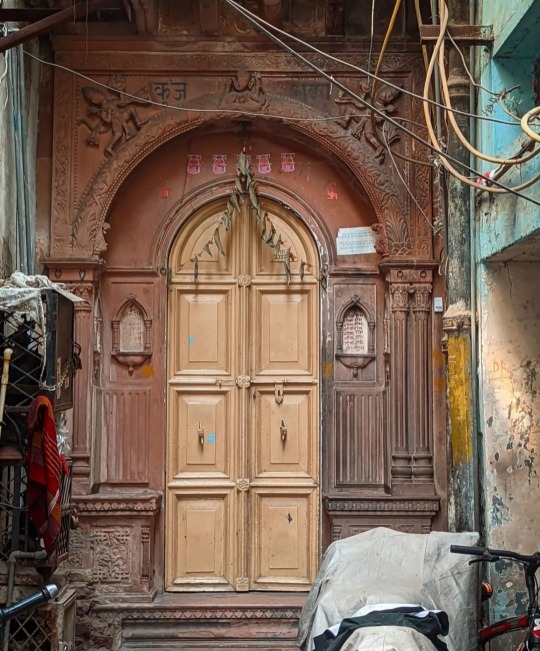
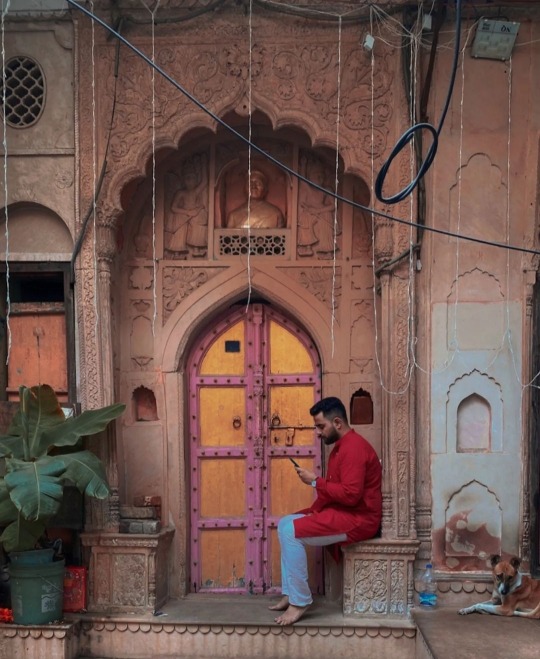
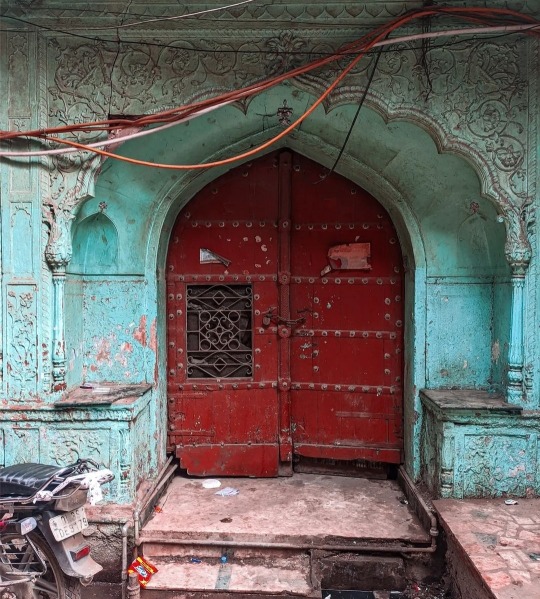
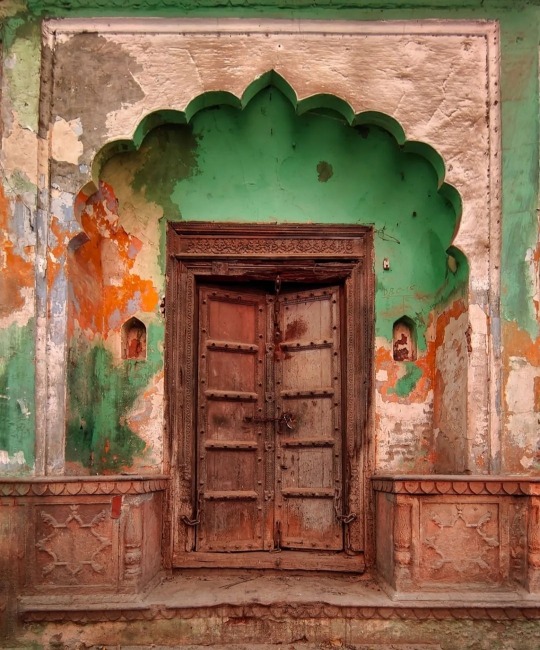
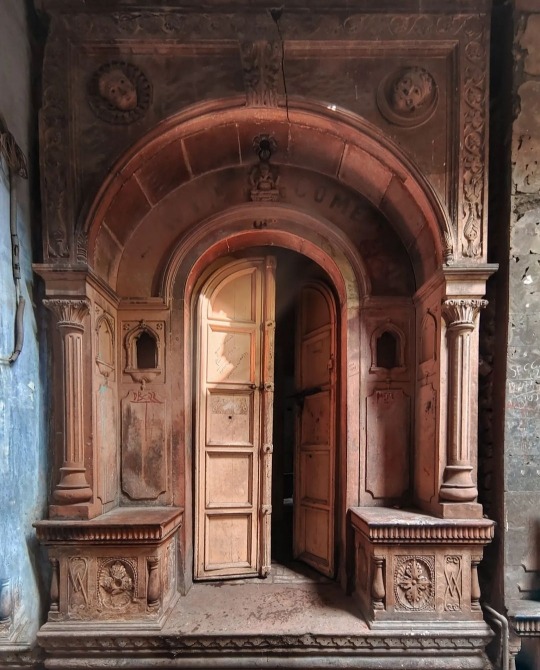
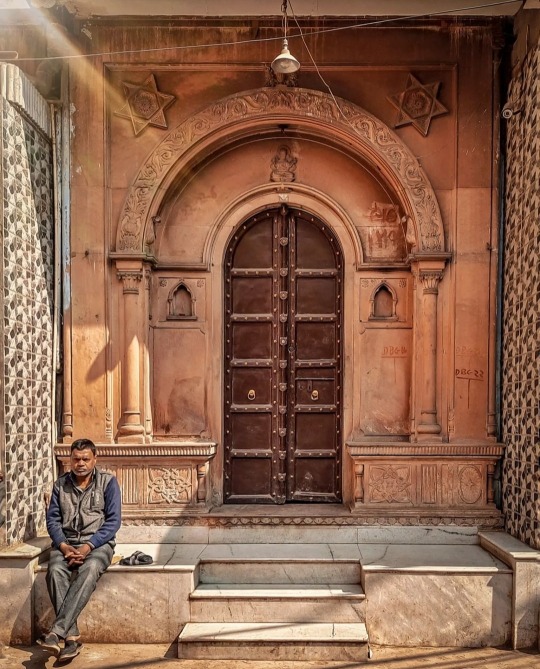
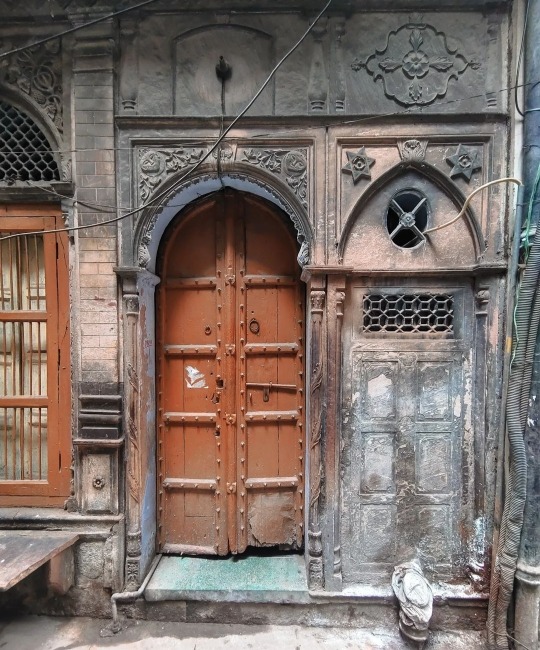
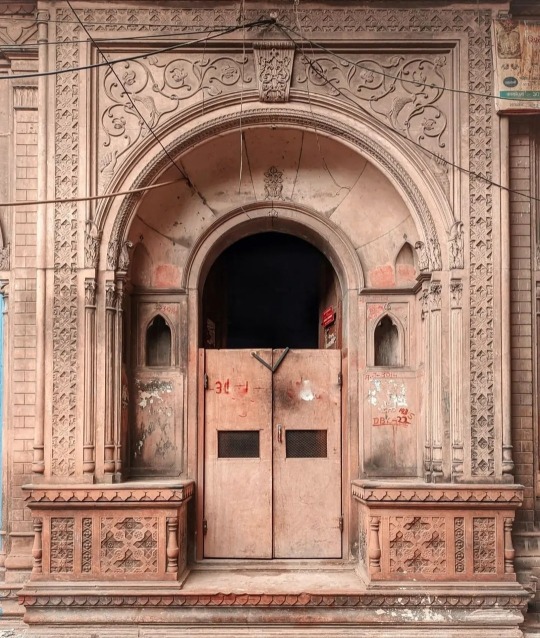
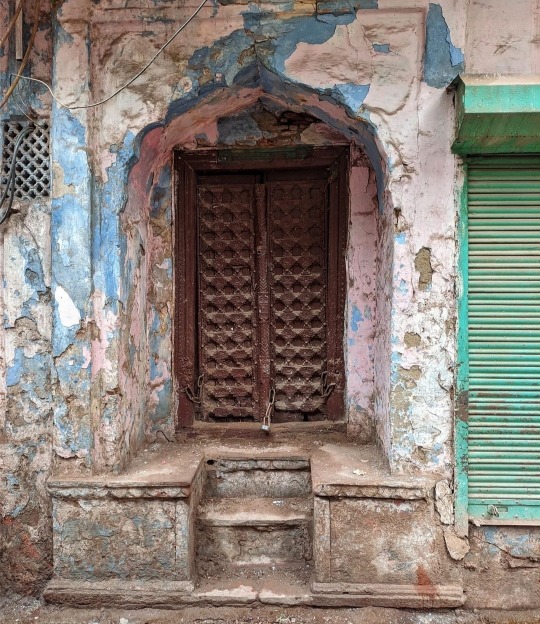
Doors in Old Delhi, by Anish Mathur
#anish mathur#delhi#old delhi#india#desi tumblr#desiblr#india tag#architecture#indian architecture#street photography#indian street photography#mughal architecture#ph
2K notes
·
View notes
Text
I am going to "Indian" up the Palestine genocide coz by god, majority of the people in India do NOT get it. And it feels like there is so much false and especially Islamophobic propaganda pushed to the masses, it makes my blood boil.
Israel = Occupier & Palestine = Occupied. What does this mean? It means like how British came to India and occupied our land, Israel is occupying Palestine. Palestine was a colony of British in 1917 but after WW2, British backed out of Palestine just like it did with India. We were lucky that we didn't have multiple occupying forces colonizing us. Palestinians weren't so lucky. When British left in 1948, it went from one colonizer to another. The Zionists who came from Europe swooped in like vultures and named the place Israel and has been masquerading as a country. And just like we fought for our freedom, Palestinians are STILL fighting for their freedom.
This is not a religious issue, this is a land issue. The actual issue isn't about Jew and Muslim hatred. It just so happens that Muslims are the majority in Palestine. Its like how our majority is Hindus and we have BC, OBC etc. Palestine majority is Muslim but there are Christians and Jews too. And before the Zionist intervention they all resided together harmoniously. But the Zionists love to push the religion angle and make it sound like a religious conflict for their own benefit. Because if people think it's a religious conflict, they will hesitate to speak out. But dear fellow desis, I swear, it's okay to support Palestinians even if you are Hindu, Sikh, Jain or any other non-Abrahamic faith you follow. Because this isn't about supporting Muslims, this is about supporting people who are colonized.
India does NOT support Israel. OK listen, I know what the internet looks like. But India's official stance is in support of Palestine. It always has been. Granted, under the current government, it doesn't look like it but just google it up. India was the first non-Arab country to come in support of Palestine back in 1974. Don't let media confuse you about this. Learn about this. Talk about this. Show your support. We got our independence in 1947. They are still fighting. Getting killed in masses. We are literally the most populous nation in the world and our support has not been loud enough. I beg you, as a fellow Indian, use your voices and support Palestine.
#free palestine#palestine#zionists dni#india#desi#india tag#desi tag#idk wat to tag this but i hope it gets around to some indians atleast
34 notes
·
View notes
Text
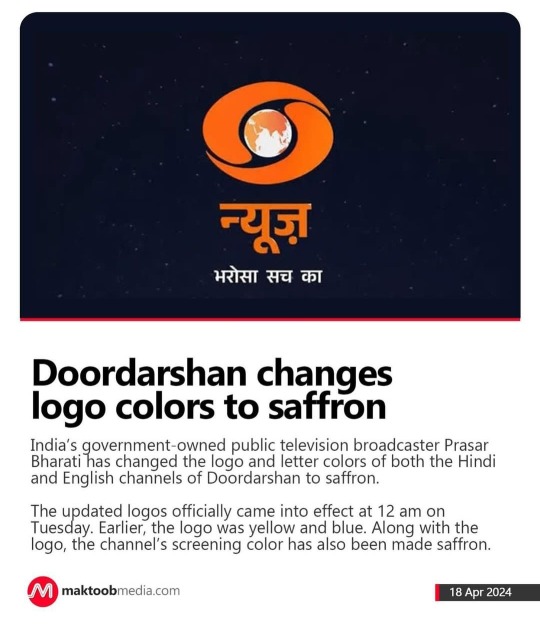
You can't make this up
10 notes
·
View notes
Text
The life of a woman is cheap. Cheaper than movie tickets. The proof of our oppression is masked as entertainment, and then flung at our faces as education. If both entertainment and education are deemed mindless, what then? Where do we go? It has become difficult to think. There’s distractions to avoid, there’s genocide to not avoid, there’s work to be done, there’s life to be lived, there’s chores to be carried out, there’s you, there’s me, and there’s the world. But we must move beyond selling the few free moments we create for ourselves to movies produced solely to provoke. We must try and understand how society ‘expresses horror’ at Hathras and destroys none of its roots. How its roots continue in real and reel. Raging is easy. We must, instead, learn.
11 notes
·
View notes
Text
“Harkha Bai, now Maryam-uz-Zamani and queen mother of the empire, is a prodigiously wealthy woman with her own ship, who controls her finances and trades under her own name. Indeed, many of the Mughal noblewomen, since the time of Akbar, have become independently wealthy as the Mughal empire has flourished. In addition to their monthly allowances, Mughal noblewomen are given expensive gifts by courtiers, own property, and further increase their wealth through trade. Of all the Mughal nobles who conduct trade, fully half of the names documented are that of women. Akbar had prodigiously increased the wealth of the Mughal empire and the Mughal noblewomen became consequently immeasurably wealthy. When Akbar dies, according to a Flemish visitor’s calculations, his gemstones alone, ‘his diamonds, rubies, emeralds, sapphires, pearls and other jewels’ will be valued at 60,520,521 rupees.
... Maryam-uz-Zamani’s favoured status at Jahangir’s court is reflected in the fact that she is one of only four members of the court (one of whom is Jahangir himself) and the only woman to have the high rank of 12,000 cavalry, and she is known to receive a jewel from every single nobleman at court ‘according to his estate’ every year on the occasion of the new year’s festival. But what Maryam-uz-Zamani is most interested in, what she invests her money in and actively participates in, is trade.
...It is from the hustling, garrulous town of Surat, where a scattershot of languages ricochets off the lanes while the merchants work, that Harkha Bai trades through the enormous ship that sails under her colours, the Rahimi. Harkha Bai, like the other Mughal noblewomen, cannot trade directly with the merchants and so the zenana employs a huge number of agents, middlemen and financial advisers, ‘mirroring in miniature the emperor’s own finance ministry’. The women send out their personal servants to bargain and negotiate with the Europeans at the court and gifts and favours are exchanged. The Rahimi is one of the largest vessels of any kind to sail the Indian seas. Her capacity is upwards of 1,500 tons and the ship has room for a load of 1,500 passengers. In 1613, the Rahimi is transporting goods worth 100,000 pounds equivalent to, in today’s currency, half a billion rupees. But the Rahimi, like Gulbadan’s Salimi and Ilahi thirty years previously, is also a Hajj ship. The Rahimi trades in Hindustan’s major exports—indigo, cotton and silks, but also leather, metal, carpets, spices, opium and jewels. In return, it brings back goods of particular interest to the noblewomen—gold, silver, ivory, pearls, amber, perfumes, wines, brocade, cutlery and glassware. But it also carries passengers to and from Mecca, for the sacred Hajj pilgrimage. Indeed the Rahimi is famous amongst the Europeans for being ‘the great pilgrimage ship’. Which is why the outrageous and scandalous piratical attacks by the Portuguese against the Rahimi in 1612 and 1613 will be considered so grave as to bring about a complete reversal of fortunes, both for the Portuguese and, incidentally, for the newly arrived English.
When the Rahimi is seized by the Portuguese in the autumn of 1613, just after the end of the monsoon season, and carried off to Goa, the tumult and outcry at the Mughal court is unprecedented. Everyone knows the Rahimi is Maryam-uz-Zamani’s ship, and she carries the requisite and loathed Portuguese pass, with its sacrilegious image of the Virgin Mary. The English are aghast at this action and describe the Rahimi as being ‘verye richly laden’, and even more provocatively, not only do the Portuguese seize the ship and its goods ‘but took also 700 persons of all sorts with them to Goa; which deeds of theirs is now grown so odious that it is like to bee the utter undoing of the Portungales in their parts’. So the Portuguese, in seizing the goods and passengers of a Hajj pilgrim ship filled with pilgrims, have carefully gauged the freight of their action and this is not only an act of piracy, but an act of religious persecution against the Mughal empire. It is clearly intended to be both a rebuke and a scathing warning to Jahangir, to dissuade any further contact and trade with the recently arrived English adventurers. But the Portuguese have miscalculated their hand. Jahangir is furious.
When it becomes clear to Jahangir and the court that the Portuguese are not going to return the Rahimi immediately, the emperor acts with crackling speed. Jahangir orders the halt of all traffic through Surat and this immediately paralyses the lucrative trade which has made the fortune of this city. He further shuts down the Jesuit church in Agra, which had been built under Akbar, and suspends all allowances to Portuguese priests living in Mughal India. Jahangir also sends his agent, Mukarrab Khan, to lay siege to the Portuguese town of Daman. These extreme actions taken by Jahangir are unusual, for the Mughal court has become used to the rapacious brutality of the Portuguese and has usually reacted by ignoring it or accommodating it if possible. But this is the Rahimi which has been seized by the Portuguese, Maryam-uz-Zamani’s flagship pilgrim ship, and the queen mother demands retribution. This is an altogether unusual situation, demonstrating the great cultural upheavals and the tectonic changes that are shaping the Mughal empire—this is a Hindu queen’s Muslim ship, carrying Hajj pilgrims in Christian waters patrolled by the Portuguese armada. This fraught situation lasts a long time, with neither side willing to concede defeat. But the age of Portuguese dominance in Indian waters has effectively been ended. ‘The Great Mogul’s mother was a great adventurer,’ writes an English agent succinctly, ‘which caused the Great Mogul to drive the Portingals out of the place.’
The capture of the Rahimi, and the insult it is perceived to be to the queen mother of the Mughal empire, precipitates the decline of Portuguese fortunes. Already in 1612, an EIC fleet under Captain Thomas Best had decisively defeated a Goa armada off Surat and had shown the Portuguese to be less than invincible. Jahangir even writes about the ‘good news’ of Portugal’s defeat at English hands with satisfaction in his Jahangirnama. ‘Battle had taken place’, he writes, between the English and the Portuguese, ‘most of whose ships were burned up by English fire’. This is the only incident involving the ‘firangis’ that Jahangir ever writes about in the Jahangirnama. Now, after the perfidious actions of the Portuguese, Jahangir is increasingly inclined to negotiate trade agreements with the English and in the next few years the English will slowly replace the Portuguese as the primary foreign power at the Mughal court. Harkha Bai lives another ten years, dying at the very respectable age of eighty-one in 1623. She never will get back the Rahimi, but this daughter of the desert, who has never seen the ocean, will have the satisfaction of knowing that she has been part of the process that evicts the great naval force of the Portuguese from Indian shores.”
- Ira Mukhoty, “Daughters of the Sun: Empresses, Queens and Begums of the Mughal Empire”
#history#historicwomendaily#indian history#india tag#mughal empire#mughal era#harkha bai#maryam-uz-zamani#mine#queue
27 notes
·
View notes
Note
laurie the more you talk about fucked up road trip fic the more i try so hard not to get on my knees and beg you to tell me more
INDIA BABY we're friends (no u have no say in the matter, if i say we are then we are) which means that u only have to ask and i'll tell u whatever u wanna know <333 i'm so glad ur interested in it tho, it makes me feel all fuzzy inside hehe
3 notes
·
View notes
Note
listen listen i desperately need to know more about the step brothers (rosekiller) fic you have planned out!!
hey india!
rosiers adopts barty when he is little. but barty is not having the all "brother" thing at all. he says evan that he isn't his brother and he never will be. so evan is like ok then and lets him be. it's gonna probably have 7 chapters and every chapter is gonna represent a year in their life. over time they become obsess w each other. barty is crazy af but it's all gonna be in evan's pov. i really love this work so much and have been planing abt this since last year. i hope i can do justice!! if u have any questions u wanna ask feel free to ask!
4 notes
·
View notes
Text
Delhi University scrapped the Political Economy Elective in 3rd yr (allegedly stating it causes students to become naxalites)
Political Economy is the only elective that exposes Economics Honours students to alternative economic structures , we don't even call capitalism 'capitalism' in any other class, it's just stated as the 'economy'
This class will not be available to students studying under the NEP 2020 education system.
1 note
·
View note
Text
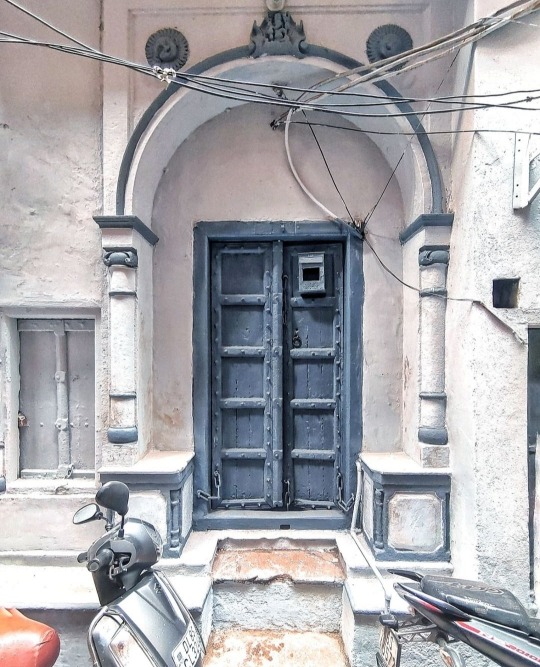
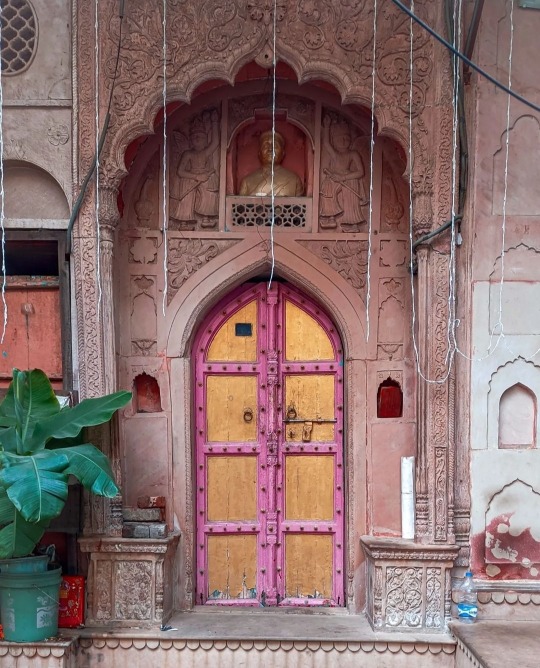
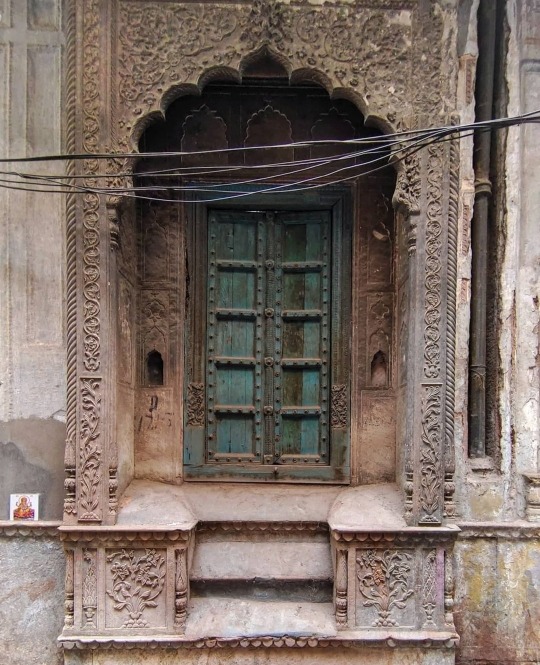
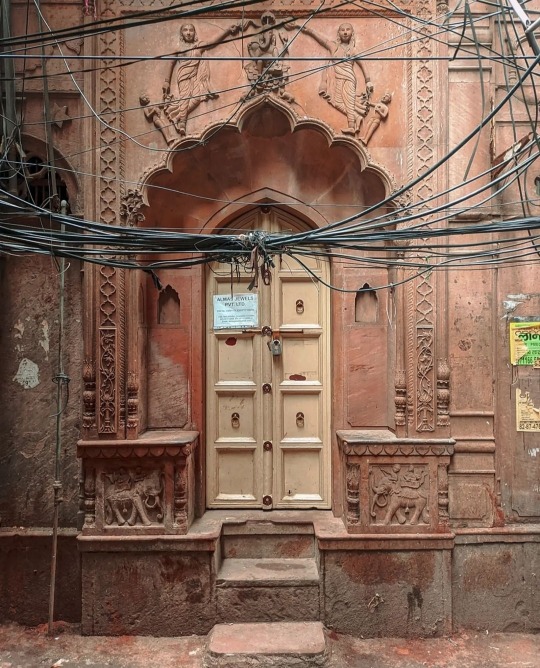
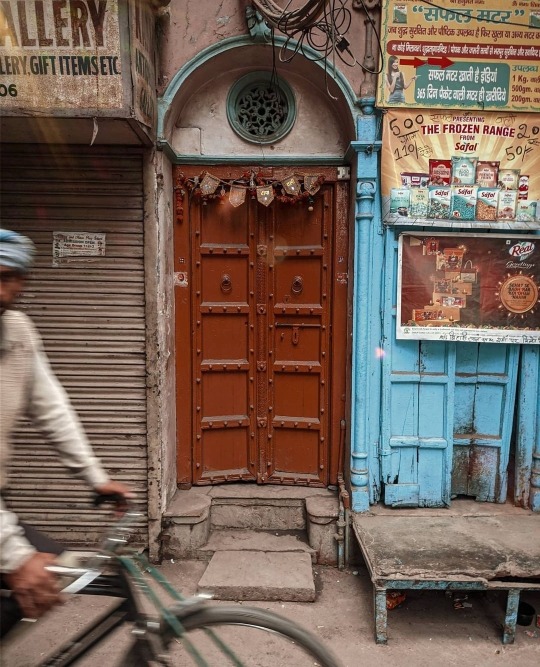
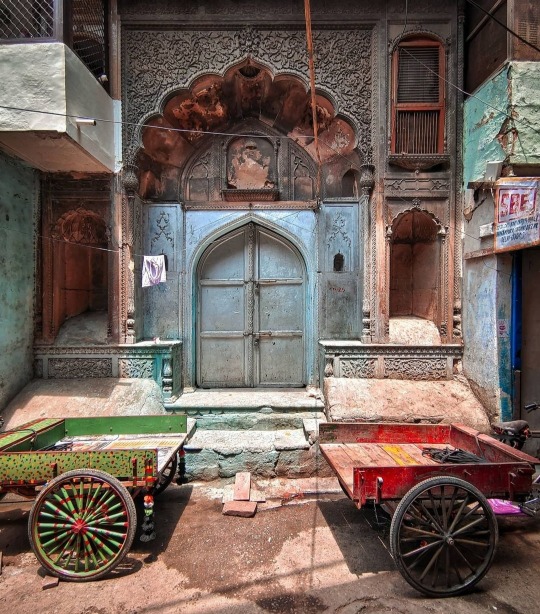
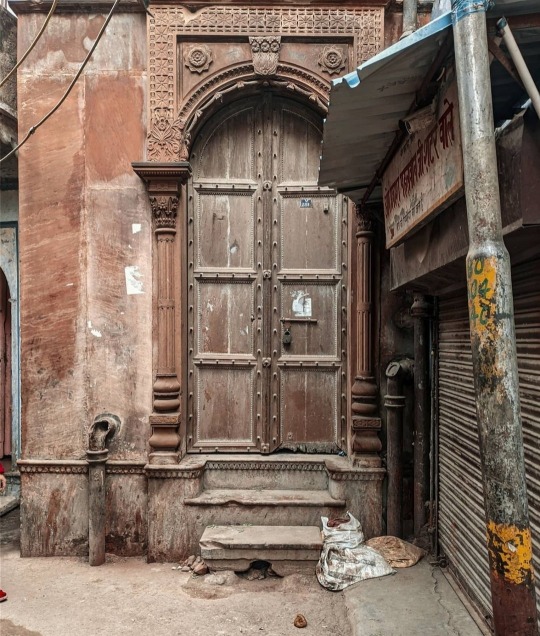
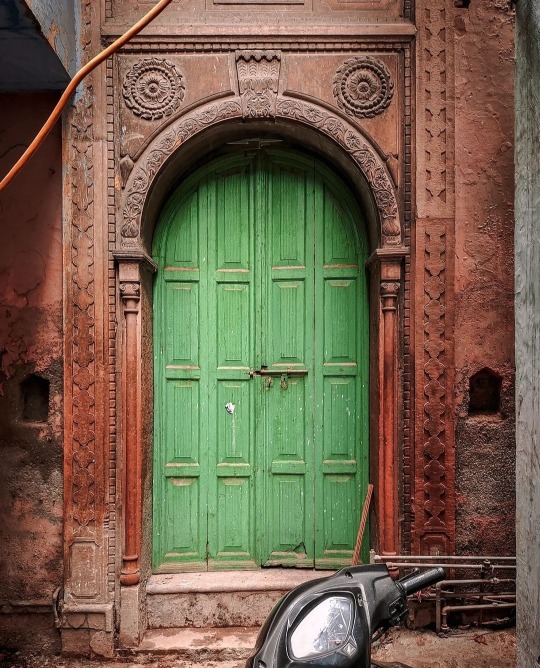
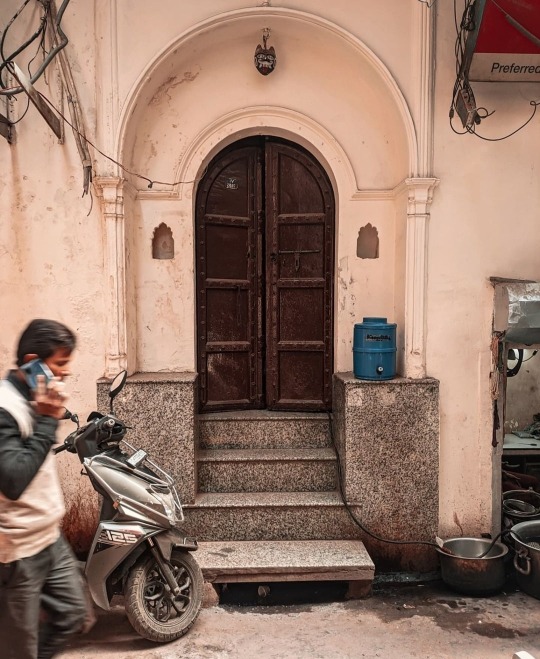
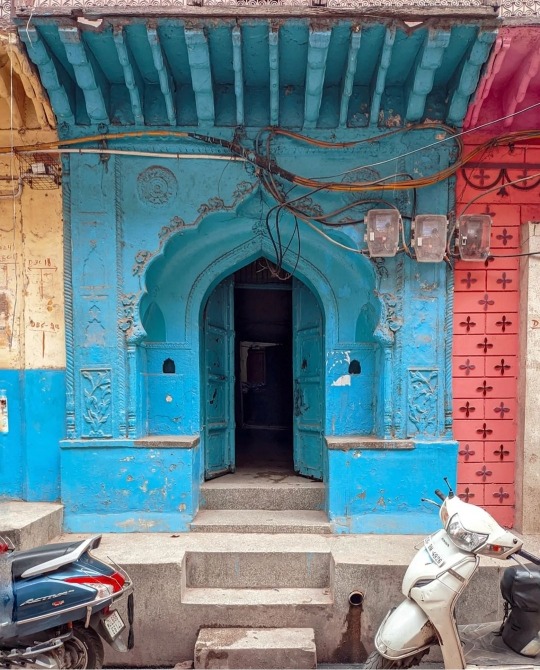
Doors of Old Delhi, by Anish Mathur
#anish mathur#delhi#old delhi#india#desi tumblr#desiblr#street photography#indian street photography#india tag#islamic architecture#mughal architecture#peoplehood#architecture#ph
727 notes
·
View notes
Text
Idk why ppl are coming to argue with me that “born” Israelis aren’t to blame for the the actions of their parents or grandparents. I’m a fucking Indian who’s still yelling at British to give our Kohinoor back. Why on earth won’t I yell at new generation Israelis to give Palestinians their land back.
24 notes
·
View notes
Text

this is how they got together
#gayatri singh#gayatri#pavitr prabhakar#from what i read that wouldnt be her last name but im tagging as that just in case sorry#spiderman india#my art#spiderman across the spiderverse#atsv#spiderman atsv
13K notes
·
View notes
Text
Btw how tf did everyone receive whatsapp messages from the bjp and how is that legal and not bigger news
#i deleted it the second i saw it a few days ago but someone brought it up on insta that it's data violation#and YEAH#maybe it's just in this state so no one cares but jfc#india tag#'letter from the pm'.....#selling citizens' data like this??
5 notes
·
View notes
Text
[...] elections are a season of murder, lynching and dog-whistling—the most dangerous time for India’s minorities, Muslims and Christians in particular.
It is no longer just our leaders we must fear, but a whole section of the population. The banality of evil, the normalisation of evil is now manifest in our streets, in our classrooms, in very many public spaces. The mainstream press, the hundreds of 24-hour news channels have been harnessed to the cause of fascist majoritarianism. India’s Constitution has been effectively set aside. The Indian Penal Code is being rewritten. If the current regime wins a majority in 2024, it is very likely that we will see a new Constitution.
17 notes
·
View notes
Text
“Zeenat-un-Nisa survives Aurangzeb by many years. She is witness to the rapid disintegration of the Mughal empire as it recedes away from the Deccan and Bengal and gathers itself around the tombs of the old Sufi saints in Delhi. Zeenat-un-Nisa is the calm constant in a court in which seven padshahs rule in quick succession after Aurangzeb dies, and they are indiscriminately murdered, or blinded, or beheaded. The very last padshah of Zeenat-un-Nisa’s long life is Raushan Akhtar Muhammad Shah, great-grandson of Aurangzeb, more commonly known as Muhammad Shah Rangeela. Zeenat-un-Nisa is an old lady of seventy-six when the nineteen-year-old Muhammad Shah becomes Padshah Ghazi. Muhammad Shah is as different from Aurangzeb as it is possible to be. He is a discerning patron of the arts and will preside over a glittering salon where the poets and musicians will create works of endless beauty as Shahjahanabad prepares to burn. He is also, without doubt, something of a bacchanalian, fond of dancing girls and mystifyingly given to wearing a lady’s tunic and pearl-embroidered shoes while attending his mushairas (gathering of poets). Like the free-spirited matriarchs who presided over the zenanas of Babur and Humayun, Zeena-un-Nisa is cherished and respected till the end of her long life. But despite the bewildering exuberance of Muhammad Shah Rangeela’s court, night approaches for the Mughal empire. Zeenat-un-Nisa will be the last of the padshah begums, a lonely survivor of a golden age, watchful but voiceless guardian of a glorious legacy.”
- Ira Mukhoty, “Daughters of the Sun: Empresses, Queens and Begums of the Mughal Empire”
#history#historicwomendaily#indian history#india tag#mughal empire#mughal era#zeenat-un-nissa#mine#queue
16 notes
·
View notes
Note
AHHHH LAURIE HAPPY POSTING DAY I'M SO EXCITED I AM GONNA DRINK A BEER IN YOUR HONOR!!!
THANK YOU SO MUCH INDIA I ADORE UUUUU <333 IM ALSO EXCITED BUT VERY NERVOUS TOO NGL and honestly drinking a beer in my honour is the best thing in the world u could do . to me . i'm a beer girlie always and forever HOPE U ENJOY MWAH
2 notes
·
View notes


